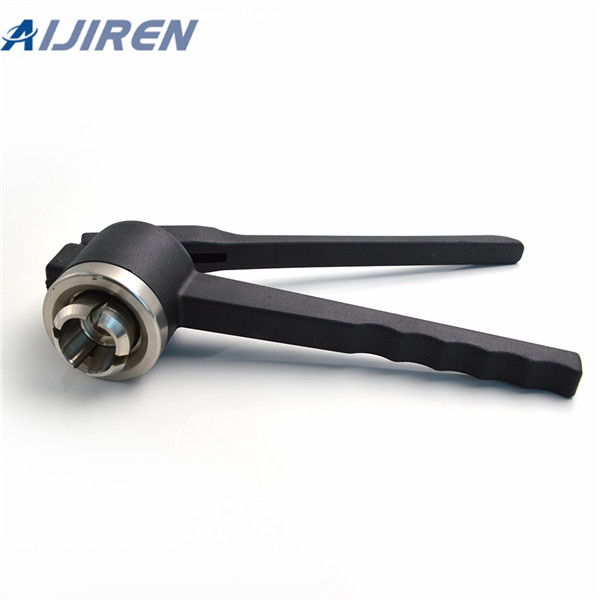
Jan 01, 2017 · Typical analytical processes for sample analysis are shown in Fig. 1.1 [11,12].Various stages of these analytical processes prepare samples for HPLC. Processes can be generally classified into four operations: (1) release of analytes from a matrix, (2) liquid handling, (3) removal of endogenous compounds and extraction of analytes, and (4) enhancement of the sensitivity and selectivity of
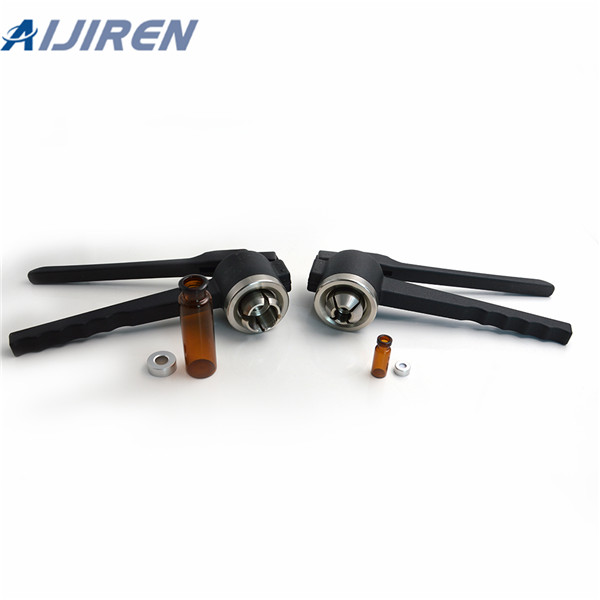
The final method of sample preparation included addition to the samples of internal standard (15N-IGF-1), separation of IGF-1 from binding proteins by incubation with acetic acid, and protein
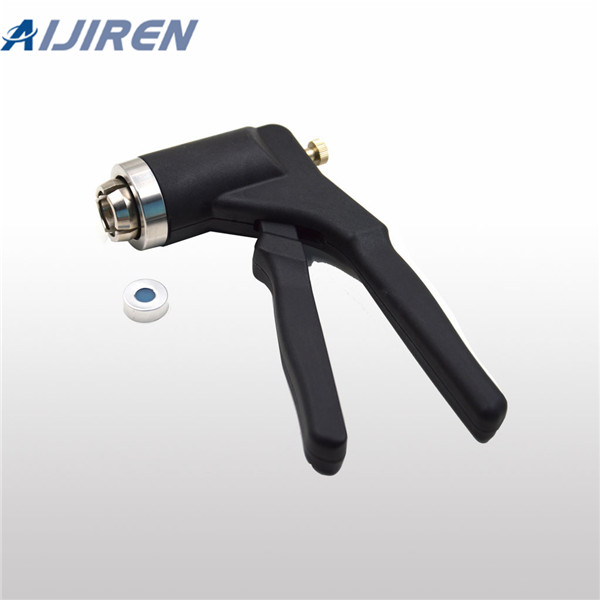
Aijiren Tech Pierce Low Protein Binding Microcentrifuge Tubes (1.5 mL) help minimize protein sample loss during sample manipulation and are ideal in Get Price Ready-to-use Vials & Closure Kits | DWK Life Sciences
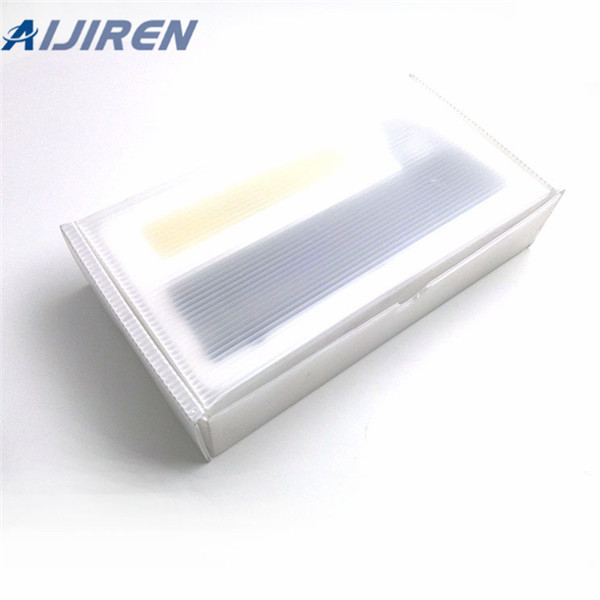
Sep 22, 2021 · AWASP ensured attaining near quantitative extraction of 23 compounds with sample preparation procedure duration of no more than 5 min. Combination of AWASP with gas chromatography–mass spectrometry and using pyridine-d 5 as an internal standard allowed for developing the rapid, simple, and low-cost method for simultaneous quantification of
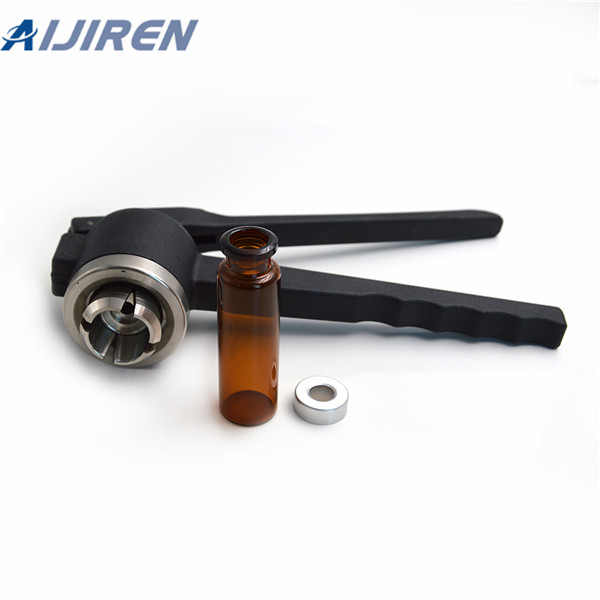
Sample too viscous Dilute with buffer, but check maximum sample volume. Maintain protein concentration below 50 mg/mL Sample contains particles • Re-equilibrate column, filter sample with a low protein binding filter (e.g. Whatman SPARTAN filter), and repeat Column is dirty • Clean and re-equilibrate Incorrect SEC resin type
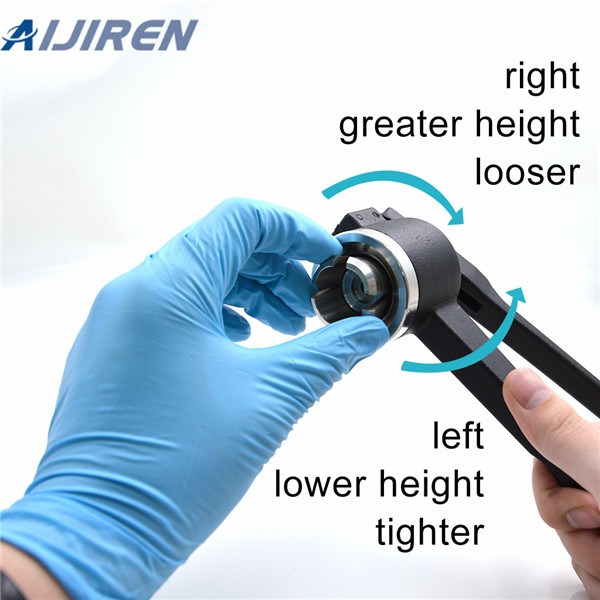
use for your sample preparation. The RC membrane is broadly compatible with common HPLC sample solvents and mobile phases. • Improve efficiency with ready-to-use products – RC products are supplied ready for use. The hydrophilic, low-protein binding RC membrane is suitable for a wide variety of HPLC applications. Solvent compatibility Qualities
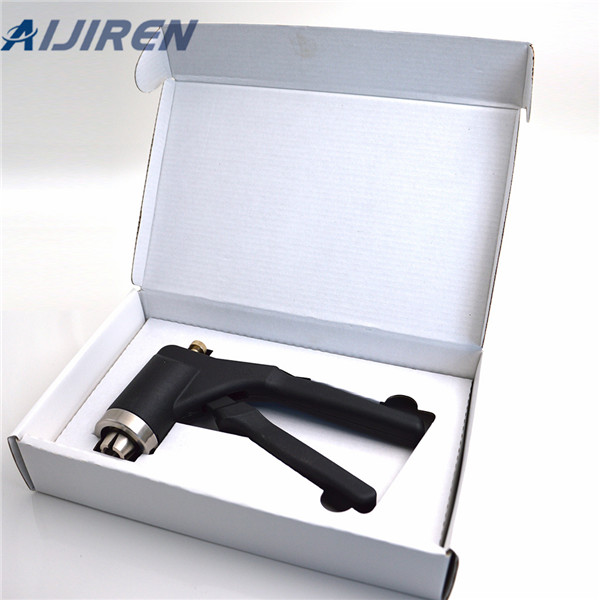
Chromatography Sample Preparation. Gas and liquid chromatography analysis can effectively detect trace substances for quantitative and qualitative analysis at ppm and ppb levels. They are widely used in environmental monitoring, food safety, and petrochemical areas. Sample preparation is the core step improving the overall accuracy and

Aug 04, 2020 · The sample recovery could be further improved using smaller nanowells or low-binding chemical coatings on nanowell surfaces 30. The LC-MS sensitivity can be enhanced using lower-flow-rate and higher-resolution LC columns such as micropillar array-based nanoLC cartridges 31 .
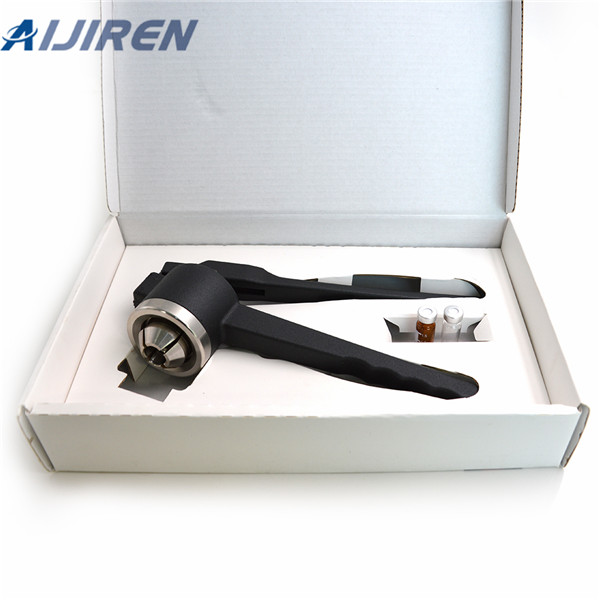
Very low protein binding (binding < PVDF, PS), the Glass prefilter increases filtrate volume yield by 3. Nylon and Nylon Low Extractables (LE) Commonly used for HPLC samples filtration prior to injection, with good solvent resistance. Having hydrophilic properties, it gives good results with aqueous samples.
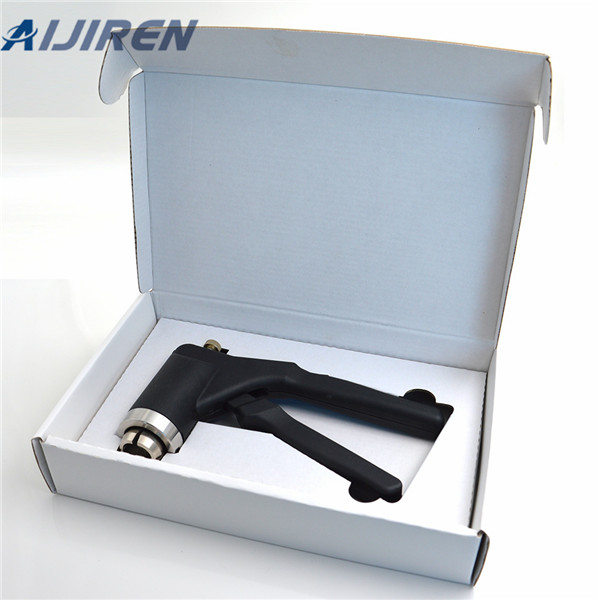
We manufacture membranes and chromatography resins that exhibit high resolution and binding capacities with low non-specific binding for the purification and concentration of proteins. These media are available in devices that use fast, gentle methods and minimize handling to protect samples.
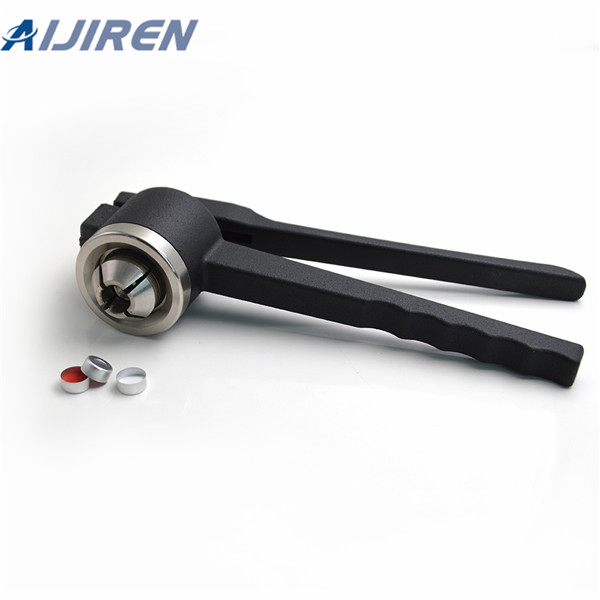
Samples Organic Samples Low Protein Binding Samples PTFE (polytetrafluoroethylene) x Nylon x x PVDF (polyvinylidene difluoride) x x x PES (polyethersulfone) x x x Filter Vials Our filter vials offer a single sample filtration system, all performed in an autosampler-ready vial. The filter vial
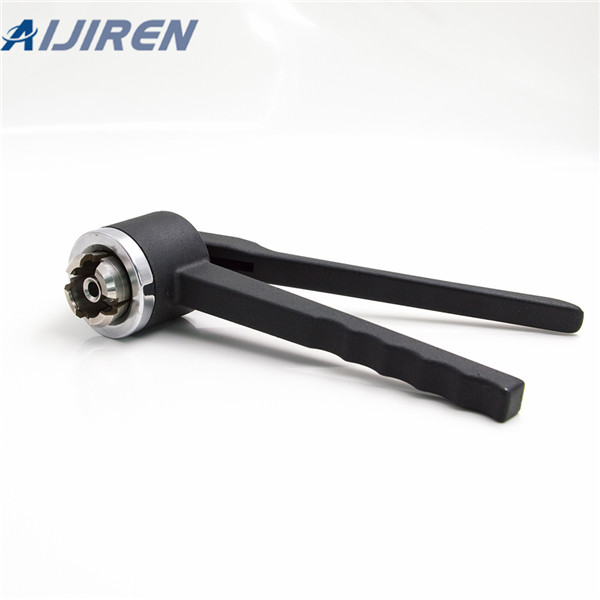
Sample Preparation - Chrom Tech, Inc. LOW PROTEIN BINDING APPLICATION Nylon Commonly used for general laboratory filtration of HPLC samples prior to injection. Nylon is solvent resistant and exhibits low extractables. Nylon binds protein and should not be used when protein recovery is important.
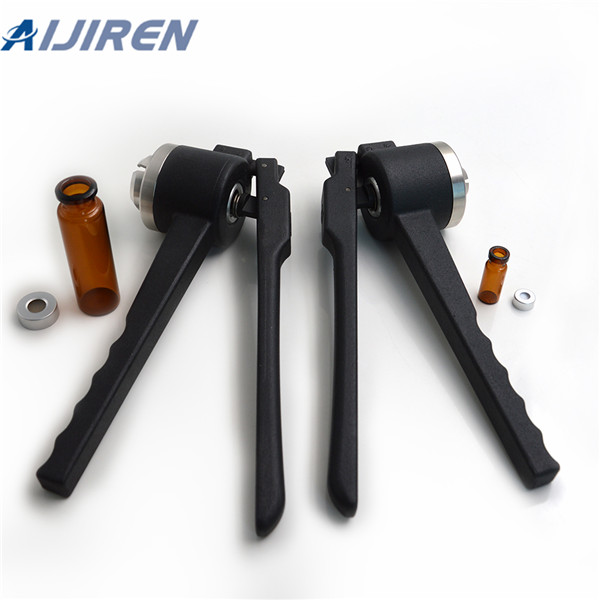
› Leverage strengths and weaknesses of common sample preparation techniques used for clinical liquid chromatography tandem mass spectrometry, LC‐MS/MS › Mitigate effects of sample matrix › Implement sample prep techniques for different sample types, e.g., plasma, urine, oral fluid, meconium

Sample preparation for size exclusion chromatography is similar to that for any protein analysis for HPLC methods. The most important aspect is that the sample must be soluble in the eluent and should ideally be dissolved in the mobile phase itself. Because of the larger column dimensions and low linear velocity as a result of relatively